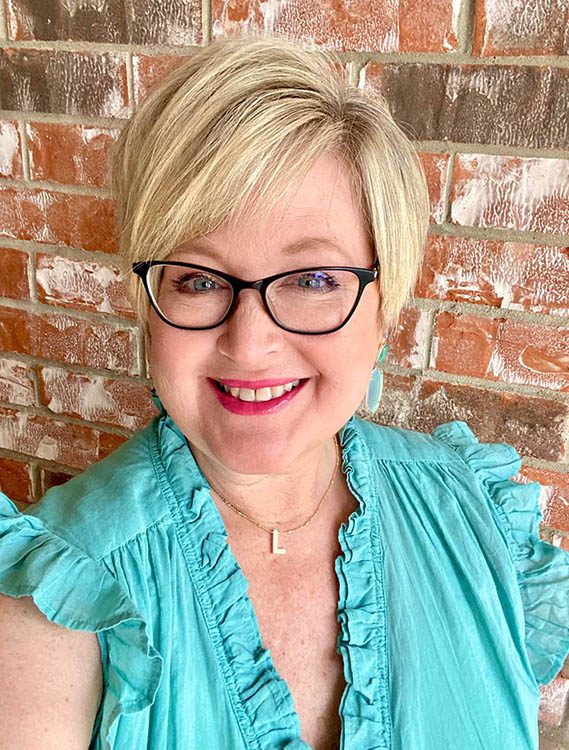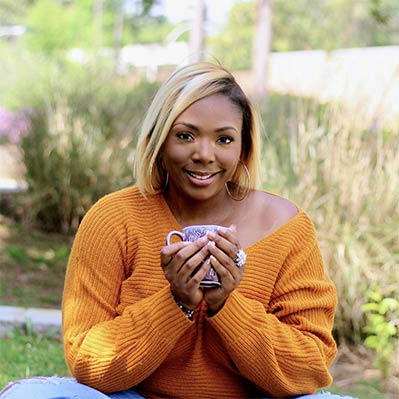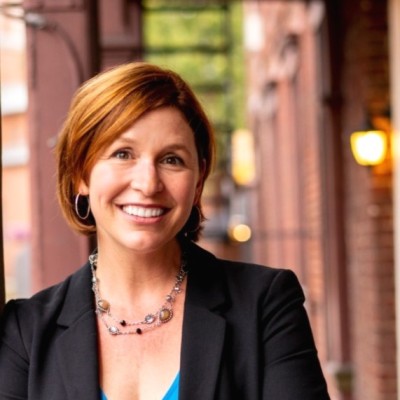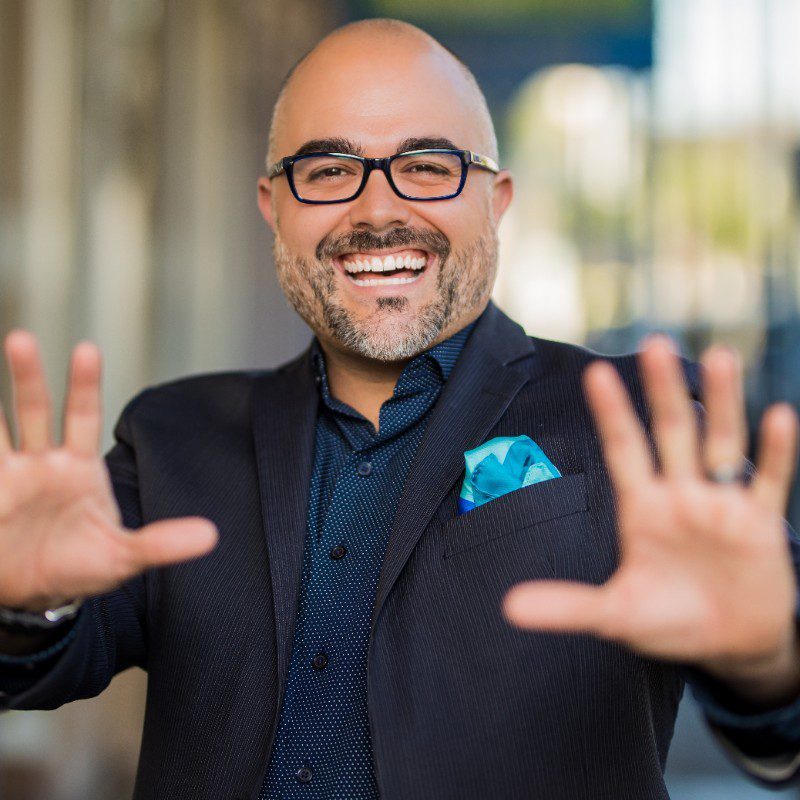- 121. Strokes: warning signs, prevention, risk factors and action plan Lori Williams Senior Services 25:15
What do I need to know about strokes?
Strokes are largely preventable, and knowing the signs is critical.
Strokes are the number five cause of death and a leading cause of disability in the United States. They occur for 2 reasons: a clot or obstruction of blood flow to the brain (called “Ischemic”) and when a blood vessel ruptures (“hemorrhagic”). Both cause death in regions of the brain from lack of oxygen and blood flow.
Regardless of type, the likelihood is you either know someone or will know someone who suffers a stroke. Fortunately, the American Stroke Association says 80% of strokes are preventable.
Senior Services Expert Lori Williams dives into the factors we can control, such as lifestyle, to prevent a stroke. She also shares the signs someone is having a stroke so you can quickly recognize them in your loved one. Noticing these signs are vital – as Lori can attest. This week, she gets personal and shares her own experience over Christmas when her husband Mark, suffered a stroke.
You can remember the signs of a stroke with the acronym F.A.S.T.:
– F: Face drooping
– A: Arm weakness
– S: Speech slurring / difficulty
– T: Time to call 9-1-1
Stroke risk factors include smoking, obesity, high blood pressure, diets high in saturated fat and/or cholesterol, physical inactivity, atrial fibrillation, carotid artery disease, diabetes, race, and more. Risk of stroke also increases with age for both males and females, and if you have family members who had strokes before age 65.
Once you have a stroke, you’re also more at risk for having more – all the more reason to focus on prevention.
As Lori knows firsthand, it can be scary if you’re with someone who could be having a stroke. However, knowing the signs can help with quick treatment – especially important if your loved one is having an ischemic stroke, because the hospital can administer a clot-buster medication. If you or your loved one does have a stroke, recovery is possible: the brain can create new pathways to help you regain your abilities.
Topics discussed:
– Signs of strokes
– Ischemic stroke
– Hemorrhagic stroke
– Stroke risk factors
– High blood pressure
– Stroke prevention
– Clot busters
Takeaways from this episode:
– Remember the acronym F.A.S.T.: Face drooping, Arm weakness, Speech slurring / difficulty – if those are present, Take action by calling 9-11.
– Other signs of a stroke include trouble walking or understanding speech, dizziness, loss of balance, and severe headaches without a clear cause.
– Make sure your blood pressure is in the health range, which is under 120/80.
– Smoking while on birth control pills greatly increases your risk of stroke.
– Race is a risk factor of stroke: African Americans have a much higher risk of dying from a stroke than Caucasians.
– Women have more strokes and die from strokes more often than men, though they’re usually older when they have their first stroke.
Resources mentioned in this episode:
American Stroke Association:
To suggest a topic, be a guest or to support the podcast, please email Lori@Loriwilliams-seniorservices.com
For more senior resources and to sign up to the newsletter, please visit:
https://www.facebook.com/LoriWilliamsSeniorServices/
https://www.instagram.com/theloriwilliams/
https://www.linkedin.com/in/theloriwilliams/
https://loriwilliams-seniorservices.com/aging-in-style-podcast/






























Already a Member? Login Here.
Not Yet a Member? Join the Conversation Today!